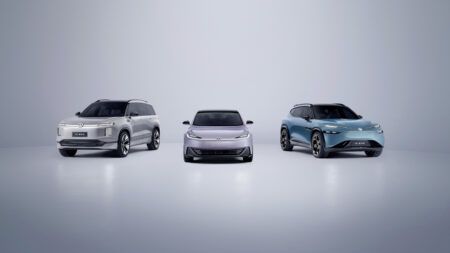The lifespan of EVs can now match or exceed that of traditional petrol and diesel vehicles, according to a comprehensive study of UK vehicle testing records published in Nature Energy.
An international research team analyzed nearly 300 million Ministry of Transport (MOT) test records spanning 2005 to 2022 to evaluate vehicle longevity across different engine types. The data showed battery electric vehicles (BEVs) now achieve an average lifespan of 18.4 years and can travel up to 124,000 miles, surpassing typical petrol vehicles.
While early EVs showed lower reliability than internal combustion engine (ICE) vehicles, researchers found that newer BEVs demonstrated the most significant improvement in reliability. EVs showed a 12% lower likelihood of failure for each successive year of production, compared to 6.7% for petrol and 1.9% for diesel vehicles.
“Our findings provide critical insights into the lifespan and environmental impact of electric vehicles,” said Dr. Viet Nguyen-Tien from the London School of Economics and Political Science. “No longer just a niche option, BEVs are a viable and sustainable alternative to traditional vehicles.”
The study, conducted by researchers from the University of Birmingham, LSE, University of California San Diego, and University of Bern, identified Tesla as the top-performing brand among EVs. For conventional vehicles, Audi led in petrol models while Skoda topped the diesel category.
“BEVs offer significant environmental benefits, especially as Europe switches to a more renewable energy mix,” said Professor Robert Elliott from the University of Birmingham. “Despite higher initial emissions from production, a long-lasting electric vehicle can quickly offset its carbon footprint.”
The research provides data for consumers making vehicle purchase decisions and offers insights for policymakers developing regulations and incentives. The findings also help inform strategies for fleet replacement and end-of-life vehicle recycling as electric vehicle adoption continues to grow.





